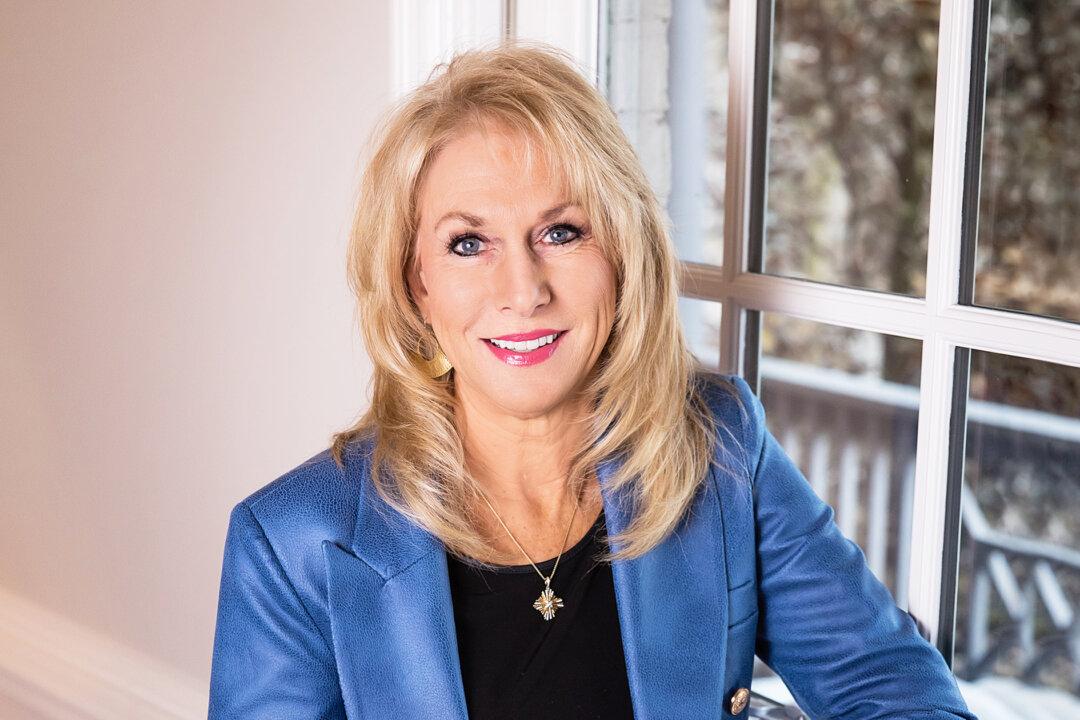After a routine mammogram and ultrasound missed a mass growing in her right breast, a family physician noticed the lump herself during self-examination and caught the fast-growing cancer early. After a successful double mastectomy and breast reconstruction surgery, she is now sharing the simple self-check routine with other women in hopes of empowering them to know their bodies better.
Dr. Robin Hall, 63, is a board-certified family physician from Fort Worth, Texas, with over 32 years of experience.





